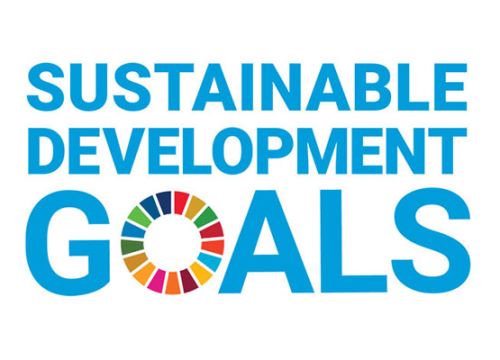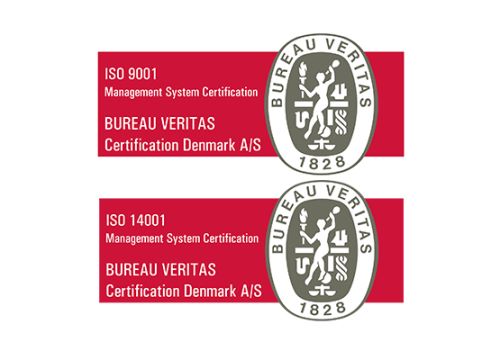Sustainability is embedded in many of the values that always guide us. Building long-lasting casting machines minimises resource use while their reliability makes it easier to plan ahead, cutting energy, manpower and material consumption.
We continuously develop new features and technologies, delivering valuable cost, energy and materials savings. By making these new features available for retrofit, every foundry can keep improving, always.


